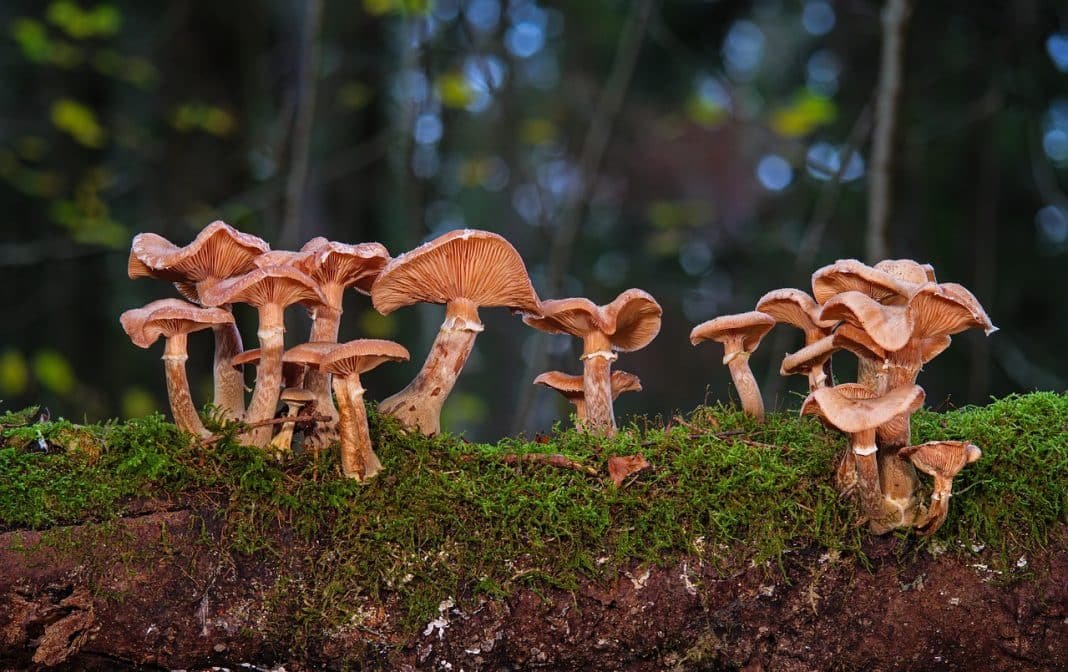Soil holds three times as much carbon as the atmosphere does. Some scientists have this figure at 5 billion metric tons of carbon, while others believe it is much more.
Fungi are an important part of an underground network of connections with plants roots. This network helps recycle nutrients and sequester CO2 in the soil.
Different compounds and fungi within soil capture carbon at different rates, figures are unclear (which is why this research is needed).
The trouble is, many fungal networks are at risk due to agriculture, deforestation, and urbanization.
To combat climate change, scientists are diving into the life of fungi – hoping fungal networks within the soil can capture CO2. Believe it or not, very little is known about fungi – which many have labeled the “Wood Wide Web.”
The Society for the Protection of Underground Networks (SPUN) is leading this research initiative, including mapping and protecting fungal networks. Toby Kiers, Professor of Evolutionary Biology at VU University in Amsterdam, considers this the start of an “underground climate movement.”
Experts will collect 10,000 samples over 18 months to note global fungal hotspots. Machine learning will then determine the role fungi play in carbon capture.
According to Jane Goodall, Ph.D., DBE, and Founder of the Jane Goodall Institute and UN Messenger of Peace, “This is an extremely important conservation project.”
Professor Kiers told BBC News, “If we lose this system, this is going to have really serious consequences for our ability to fight climate change.”
Conservation efforts fail to protect 50% of the biodiversity located underground. This is a real problem since 25% of all species on the Earth are found within the soil.
Kiers says fungi are “the invisible ecosystem engineers, and their loss is totally undocumented.”
Climate change is at the forefront of world leader, business, and consumer minds. COP26 discussions, including efforts to standardize the global carbon market, have shown us that. SPUN’s findings will be integral to plans moving forward.
Per Goodall, “An understanding of underground fungal networks is essential to our efforts to protect the soil, on which life depends before it is too late.”
Additional research, protections, technology, investments, and the use of carbon offsets are all key to combating climate change.
With fungal networks currently stretching 280 quadrillion miles within our soil, SPUN’s plans couldn’t come at a better time.

